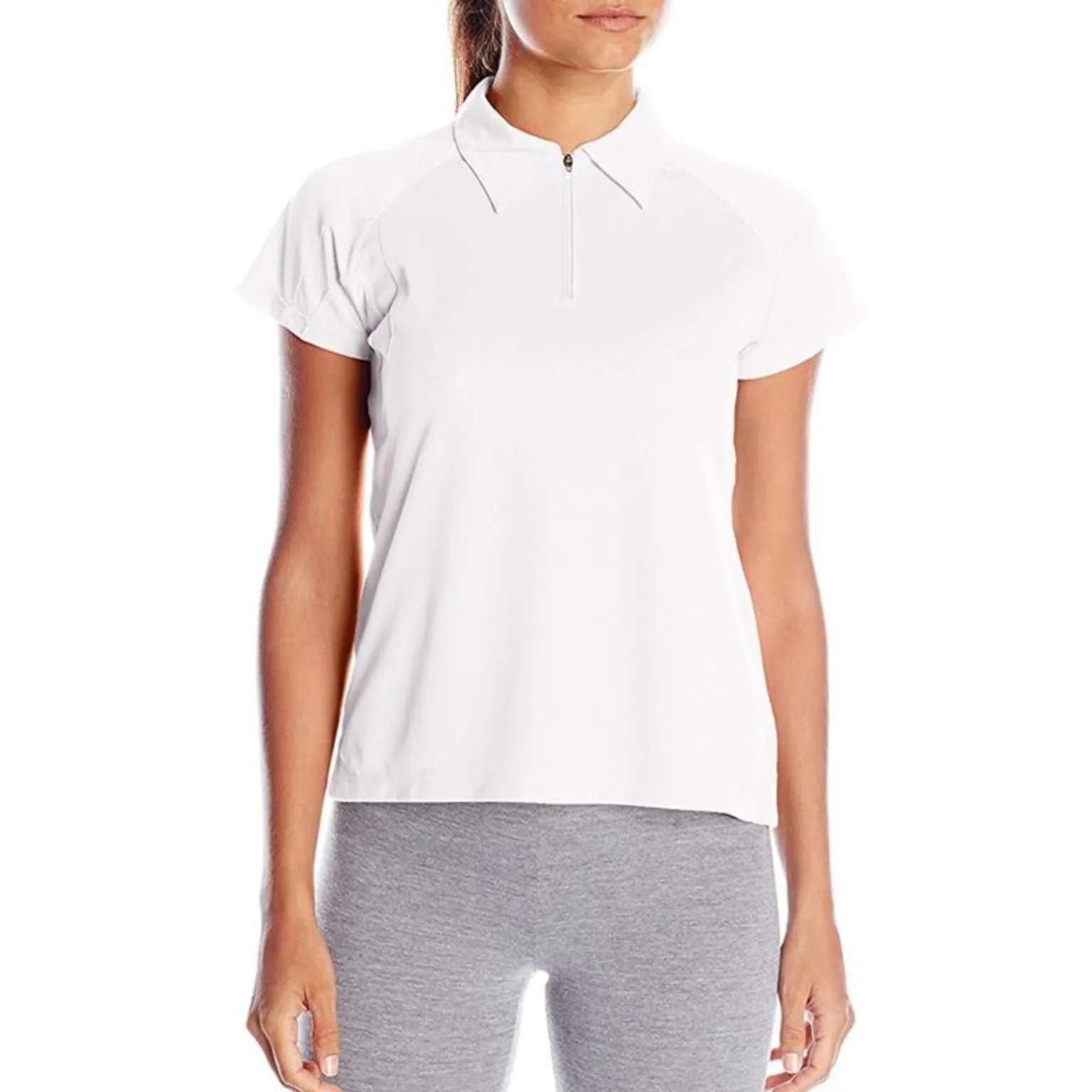The clothing manufacturing industry is a vast and intricate landscape, requiring adherence to various standards and certifications to ensure the production of safe, ethical, and high-quality garments. Certifications play a pivotal role in validating a manufacturer’s commitment to quality, sustainability, and social responsibility. This comprehensive guide delves into the world of clothing manufacturer certifications, discussing their significance, types, and how they contribute to a more sustainable and transparent apparel industry.
Introduction to Clothing Manufacturer Certifications
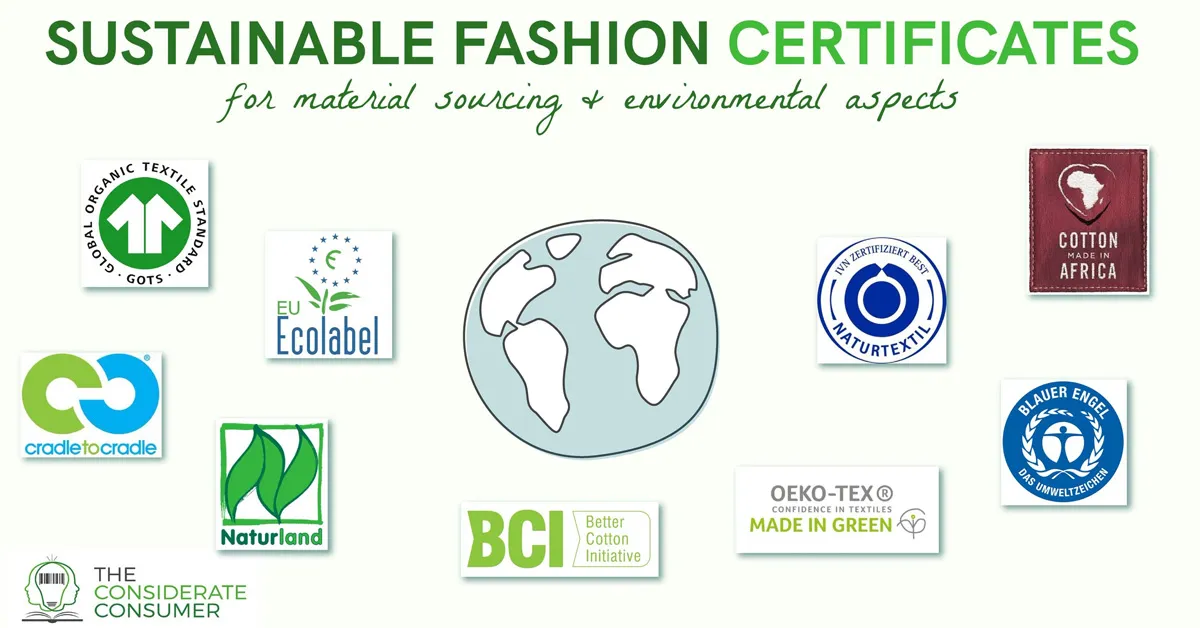
Certifications in the clothing manufacturing industry are credentials awarded by authorized bodies to validate a manufacturer’s adherence to specific standards, regulations, and best practices. These certifications cover a range of aspects, including product quality, environmental impact, worker conditions, sustainable sourcing, and more. As consumer awareness and demands for ethical and sustainable fashion grow, certifications have become crucial for both manufacturers and brands.
Why Certifications Matter in Clothing Manufacturing
Certifications hold immense importance for clothing manufacturers due to several reasons:
Quality Assurance: Certifications ensure that manufacturers adhere to predefined quality standards, leading to the production of safe, durable, and well-constructed garments.

Market Access and Credibility: Many markets demand compliance with certain certifications as a prerequisite for product entry. Having the necessary certifications enhances a manufacturer’s credibility and market access.
Ethical Responsibility: Certifications related to labor practices and environmental impact signify a manufacturer’s commitment to ethical production, demonstrating social responsibility and sustainability.
Consumer Demand: Consumers are increasingly seeking products with certifications that align with their values, making certified clothing an attractive choice in the market.
Types of Clothing Manufacturer Certifications
Certifications in the textile industry go beyond traditional quality measures and encompass social, environmental, and ethical dimensions, fostering a culture of responsible business conduct. Here, we explore several significant certifications that underline a company’s commitment to high-quality and socially responsible production.
Quality and Safety Certifications:
ISO 9001:2015 (Quality Management System): This certification focuses on maintaining consistent quality standards and customer satisfaction throughout the manufacturing process.

ISO 13485 is an internationally recognized quality management system specifically designed for the medical device industry. While primarily focused on medical device manufacturing, aspects of this standard, such as traceability and risk management, can be adapted and integrated into textile manufacturing, promoting enhanced quality and safety in the production of textile products.
GSV Certification is designed to enhance security and risk management within the textile industry. It establishes a comprehensive framework that addresses security concerns related to the production, transportation, storage, and distribution of textile products. By ensuring compliance with global security standards and best practices, GSV Certification instills confidence in consumers and stakeholders regarding the safety and authenticity of textile products.
Ethical and Social Responsibility Certifications:
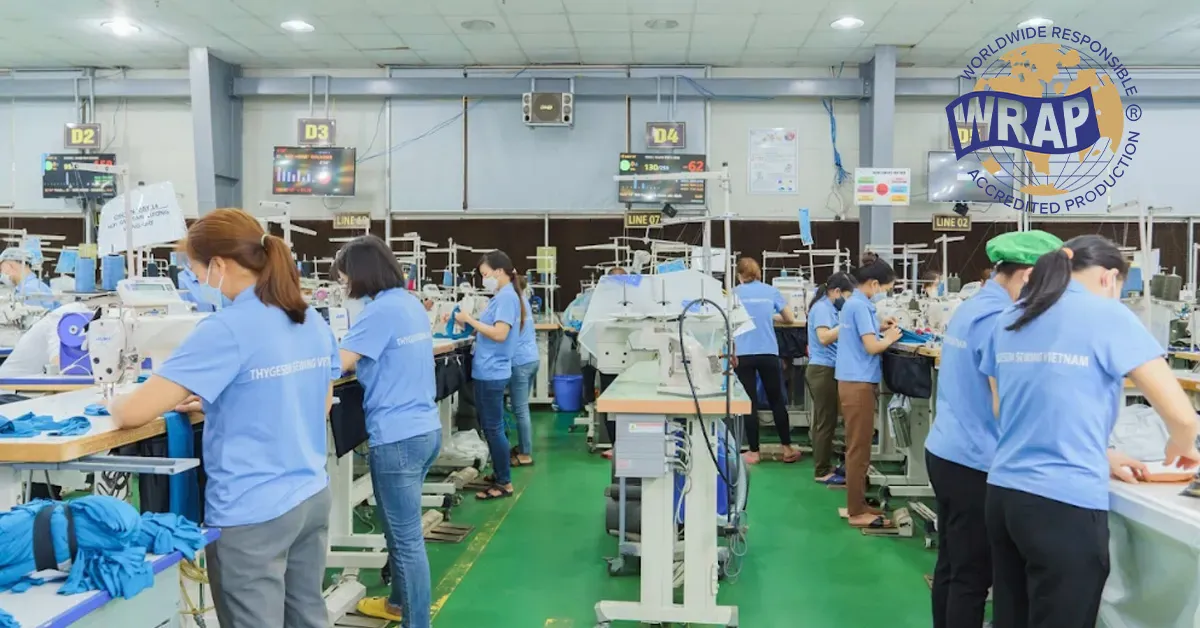
WRAP (Worldwide Responsible Accredited Production): The certification is a comprehensive program that emphasizes lawful, humane, and ethical manufacturing practices on a global scale. WRAP outlines twelve principles encompassing areas such as compliance with laws and workplace regulations, prohibition of forced labor, child labor, and harassment, as well as health and safety measures within the workplace. By integrating these principles into their operations, companies demonstrate their dedication to maintaining ethical standards and ensuring fair treatment of workers.
B Corp Certification: This is a prestigious recognition bestowed upon companies committed to meeting high standards of social and environmental performance, transparency, and accountability. B Corps, or Benefit Corporations, pursue a triple bottom line, considering people, planet, and profit. This certification evaluates a company’s impact on its employees, customers, suppliers, community, and the environment, aligning with sustainable and responsible business practices.
Fair Trade Certification: A significant certification that ensures fair wages, safe working conditions, and community benefits for workers involved in the production process. It aims to address the historical injustices in trade and promote equitable partnerships between producers in developing countries and businesses globally. Fair Trade principles include fair compensation, gender equality, sustainable practices, and community development.
SA8000 (Social Accountability International): SA8000 is a global standard that ensures adherence to ethical and socially responsible manufacturing practices. It is based on international human rights conventions and covers various aspects such as child labor, forced labor, health and safety, freedom of association, and discrimination. Companies adhering to SA8000 standards commit to upholding human rights and promoting a fair and just working environment for all.
This certification encourages organizations to establish social performance guidelines and implement them effectively, demonstrating their commitment to ethical and responsible business conduct. SA8000 not only benefits workers and communities but also enhances a company’s reputation for social responsibility in the global marketplace.
BetterWork: A joint initiative of the International Labour Organization (ILO) and the International Finance Corporation (IFC) aimed at improving labor conditions in the garment industry. It operates in various countries and aims to enhance productivity, competitiveness, and social responsibility in the apparel sector. BetterWork supports factories in implementing labor standards and ensures compliance with national laws and international labor standards.
Through assessments, advisory services, and training programs, BetterWork helps factories enhance working conditions, provide fair wages, and foster responsible manufacturing practices. It serves as a valuable tool in promoting social responsibility within the textile and apparel industry.

Forest Stewardship Council (FSC): The Forest Stewardship Council (FSC) is a globally recognized certification system that ensures responsible and sustainable forest management. FSC certification verifies that products come from responsibly managed forests that provide environmental, social, and economic benefits. It promotes responsible sourcing of wood and wood-based products, offering assurance to consumers regarding the ethical and sustainable origins of the materials used.
Fabric-Specific Certifications:
Organic Content Standard (OCS): The Organic Content Standard (OCS) is a global certification that verifies the presence and percentage of organic materials in a textile product. It ensures transparency in the organic claims of textiles, from harvesting of raw materials to the final product, promoting the use of organic fibers in the industry.
Global Recycled Standard (GRS): The Global Recycled Standard (GRS) is a comprehensive certification that confirms the percentage of recycled content in a textile product.

GRS promotes sustainable practices by encouraging the use of recycled materials, addressing traceability, and verifying social and environmental practices throughout the production process.
Global Organic Textile Standard (GOTS): A leading certification for textiles made from organic fibers. It offers a comprehensive and credible framework, ensuring the organic status of textiles right from the harvesting of raw materials through environmentally and socially responsible manufacturing processes. GOTS covers various critical aspects, including social criteria, environmental criteria, technical quality, and labeling requirements, thereby fostering a more sustainable and ethical textile production ecosystem.
OEKO-TEX® Standard 100: The OEKO-TEX® Standard 100 is a globally recognized certification that focuses on ensuring textiles are free from harmful substances. It provides consumers with confidence that the textile products they purchase have been thoroughly tested for potential harmful chemicals and found to be safe for use. The certification sets limits on numerous substances, including heavy metals, pesticides, formaldehyde, and other harmful chemicals.
Bluesign®: Bluesign® is a globally recognized system that sets stringent environmental and occupational health and safety standards for the entire textile supply chain. It operates on the principle of assessing and managing the environmental and chemical impact of textile manufacturing at an early stage. The goal is to ensure that harmful substances are eliminated from the very beginning of the manufacturing process, promoting eco-friendliness and safety.
Thygesen: Your Trusted Clothing Manufacturer with Prestigious Certifications
Thygesen is a leading clothing manufacturer with a rich portfolio of prestigious certifications, demonstrating our unwavering commitment to quality, sustainability, and ethical practices. We adhere to stringent industry standards and best practices to ensure that our clothing products meet the highest levels of excellence. Our certifications include:
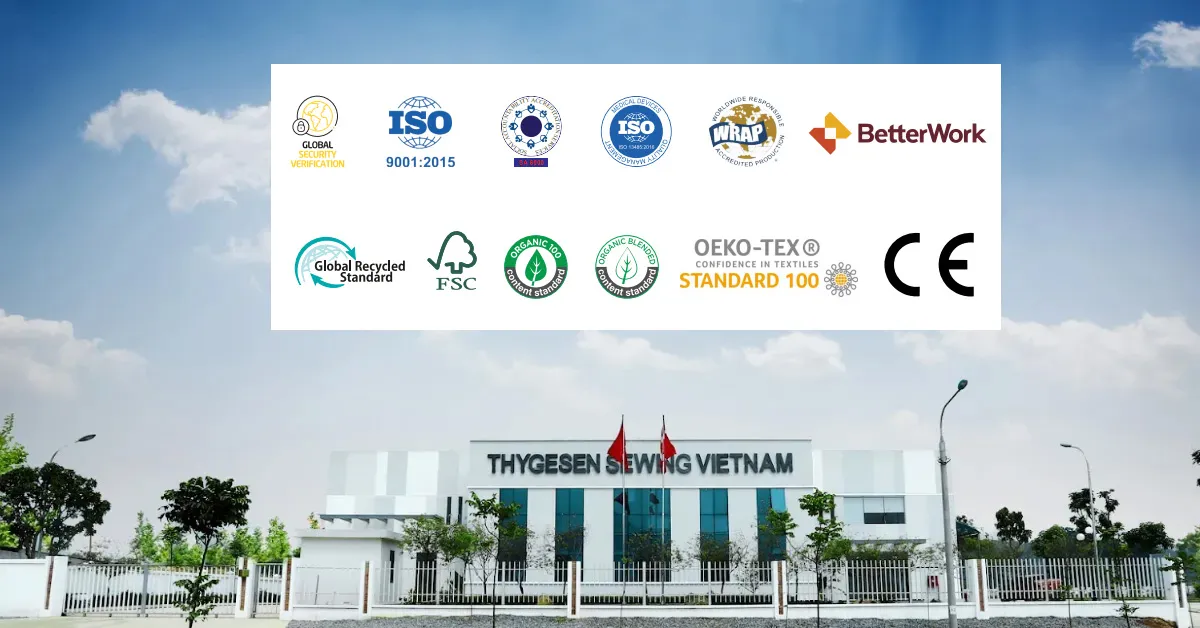
ISO 9001: A mark of our dedication to maintaining a high standard of quality management systems, enhancing customer satisfaction through efficient processes and continuous improvement.
ISO 13485: Reflects our focus on meeting quality requirements for medical device manufacturing, ensuring precision, safety, and reliability in our products.
WRAP (Worldwide Responsible Accredited Production): Emphasizing our commitment to lawful, humane, and ethical manufacturing practices on a global scale.
SA8000 (Social Accountability International): Underlining our dedication to upholding ethical and socially responsible manufacturing practices, ensuring fair treatment and well-being of our workforce.
OCS (Organic Content Standard): Demonstrating our efforts to incorporate organic fibers in our textiles, contributing to environmentally conscious and sustainable manufacturing.
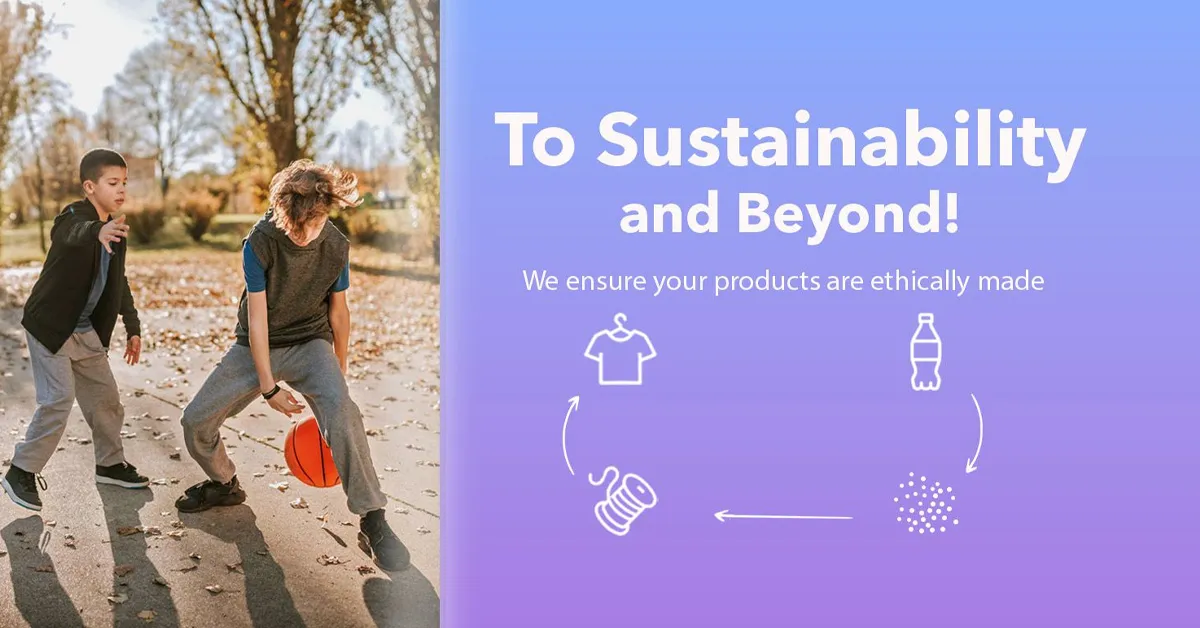
GRS (Global Recycled Standard): Showcasing our commitment to using recycled materials, promoting sustainability and responsible sourcing in our products.
FSC (Forest Stewardship Council): Signifying our responsible sourcing of wood and wood-based products, supporting sustainable forest management and environmentally-friendly practices.
OEKO-TEX®: Validating that our textiles are free from harmful substances, prioritizing consumer safety and environmental sustainability.
Betterwork: Illustrating our engagement in improving labor conditions and social responsibility within the garment industry, promoting a fair and ethical working environment.
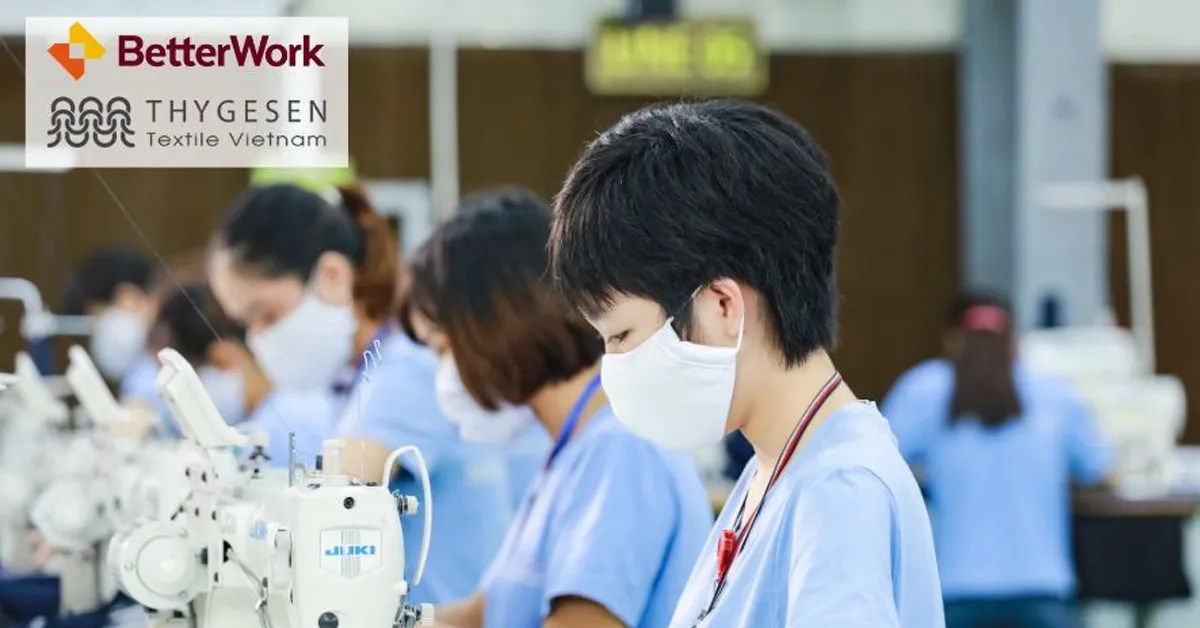
At Thygesen, we are driven by a strong sense of responsibility towards our customers, employees, and the environment. Our array of certifications is a testament to our holistic approach in delivering products that meet the highest standards while contributing positively to society and our planet. Trust Thygesen as your clothing manufacturing partner, where quality, sustainability, and ethics converge seamlessly.
Conclusion
Clothing manufacturer certifications are indispensable for the modern apparel industry, embodying the values of quality, sustainability, and ethical production. Manufacturers must continuously evolve, adapt, and invest in compliance with certifications to meet consumer expectations and contribute to a more responsible and conscientious fashion industry. By embracing certifications, clothing manufacturers not only enhance their products but also build a brighter and more sustainable future for the entire apparel ecosystem.












